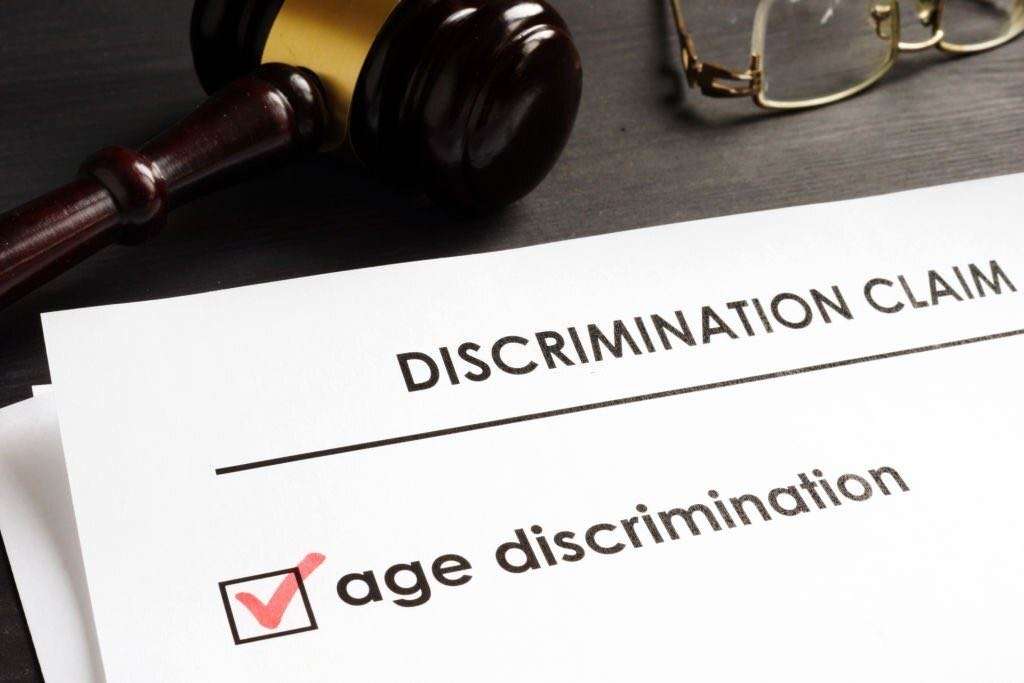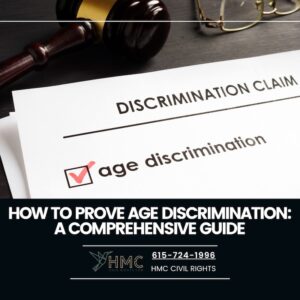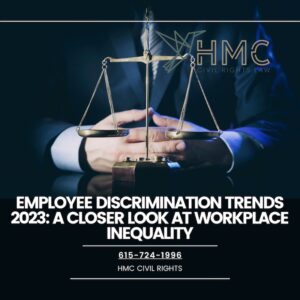Actually it is. Don’t do it.
In Hannon v. Louisiana-Pacific Corp., No. 18-6334, 2019 U.S. App. LEXIS 28803 * (6th Cir. Sept. 24, 2019), the Sixth Circuit recently reversed summary judgment for an employer in an Age Discrimination in Employment (ADEA) case from the Middle District of Tennessee.[i] The Sixth Circuit, in a divided panel, resulting in an opinion not recommended for publication, but instructive nonetheless, reiterated that fundamentally juries still decide issues of material fact in ADEA cases, not judges.
Ageist Statements
The trial court found that six ageist statements like “come on, Grandma,” “you’re a grandma,” “come on, little old lady,” a teasing reference to post-menopausal issues, referring to the plaintiff as a “Grandmother” in a marketing meeting, and asking about plaintiff’s retirement plans were not direct evidence of discrimination. In doing so, the trial court concluded that the statements were “vague or ambiguous” and that the intent behind the statements “could be something other than to discriminate against plaintiff on the basis of age.”
The Sixth Circuit found fault in this conclusion. First, the Sixth reiterated the basic principle that “our guiding principle is that the evidence must be sufficiently probative to allow a factfinder to believe that the employer discriminated against plaintiff because of age.” Second, the court examined the materiality of the statements by considering:
“(1) whether the statements were made by a decision-maker or by an agent within the scope of his employment; (2) whether the statements were related to the decision-making process; (3) whether the statements were more than merely vague, ambiguous or isolated remarks; and (4) whether they were made proximate in time to the act of termination.”
Through the lens of materiality, the Sixth found a jury could conclude that the statements were “relatively strong evidence of age discrimination” because they were made by the decisionmaker, referred to the plaintiff’s age, and made in a relatively short span of time prior to her termination.
Distinguishing Between Direct and Circumstantial Labels
Concluding there was no direct evidence, the trial court also found fault with the plaintiff’s circumstantial evidence analysis, which the Sixth ultimately concluded was essentially a distinction without a difference. In particular, the trial court faulted the plaintiff for focusing its argument on a direct evidence method of proof and refused to consider this evidence in the context of the plaintiff’s pretext analysis.[ii]
The Sixth found the distinction between direct and circumstantial labels “unhelpful and beside the point.” In doing so, the Sixth reverted to its “guiding principle” that as long as the evidence is sufficiently probative to allow a factfinder to believe the employer discriminated on the basis of age, it was enough. Even so, the Sixth concluded that additional evidence in the record that the defendant’s reason for the reorganization may have been further evidence of pretext.
Fight Age Discrimination with Heather M. Collins
Why does this wonky analysis matter? At Heather M. Collins we stay on top of current developments in the Sixth Circuit that we use to help our clients. We are not researching cases at the 11th hour before a filing deadline. Our employment law attorneys stay on top of the most current jurisprudence in our practice area all the time. This is the difference we bring to the table, and the other side knows it.
[i] Hannon v. Louisiana-Pacific Corp., No. 18-6334, 2019 U.S. App. LEXIS 28803 * (6th Cir. Sept. 24, 2019) reversed Hannon v. Louisiana-Pacific Corp., 2018 U.S. Dist. LEXIS 198656 (M.D. Tenn. Nov. 21, 2018) (Richardson, J.).
[ii] The trial court faulted plaintiff for failing to present a “specific argument” regarding pretext and thus, cited case law that it should be deemed waived.







